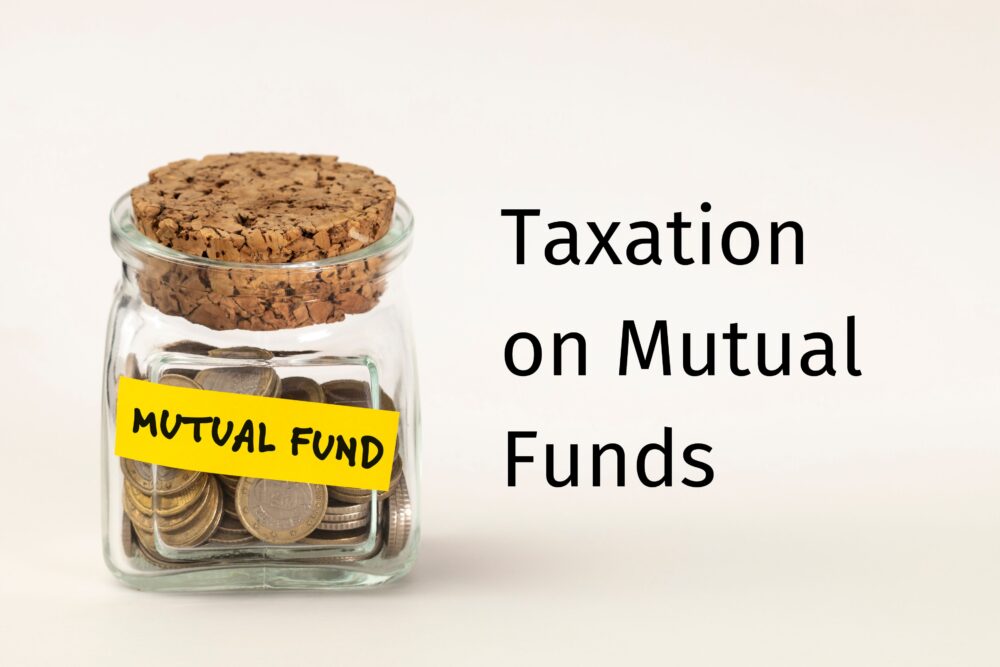Taxation of mutual funds in India can shape your investment returns. Knowing how it works helps you plan smarter. Taxation on mutual funds can vary depending on the type of fund, the duration of investment, and the gains made. Here’s a breakdown of how mutual funds are taxed in India.
Equity Funds: Capital Gains Tax
Capital gains tax is one of the most significant aspects of mutual fund taxation in India. It applies when you sell your mutual fund units for a profit. There are two types of capital gains:
- Short-Term Capital Gains (STCG): If you sell your mutual fund units within three years of investment, the profit is classified as short-term. For equity mutual funds, STCG is taxed at 15%. For debt funds, it is taxed according to your income tax slab. According to the new budget, it has raised this rate to 20%, effective from July 23, 2024.
- Long-Term Capital Gains (LTCG): If you hold the units for over three years, the profits are classified as long-term. LTCG on equity mutual funds exceeding ₹1 lakh in a financial year is taxed at 10% without indexation. For debt funds, the tax is 20% with indexation.
Debt Funds: Different Rules
Debt funds face distinct taxation of mutual funds. Before April 2023, LTCG (over 3 years) was taxed at 20% with indexation. Now, all gains are taxed at your income slab rate, per the Economic Times. Short-term gains (under 3 years) also follow slab rates. This shift impacts conservative investors.
Hybrid Funds: Mixed Tax Treatment
Hybrid funds blend equity and debt, affecting taxation of mutual funds. If equity exceeds 65%, they’re taxed like equity funds—15% STCG, 10% LTCG over ₹1 lakh. Debt-heavy hybrids follow debt fund rules, aligning with your slab rate. Therefore, checking the fund’s asset mix is crucial for tax planning.
Tax-saving Mutual Funds
Investing in Equity-Linked Savings Schemes (ELSS) is a popular tax-saving strategy. These mutual funds offer tax deductions under Section 80C of the Income Tax Act, up to ₹1.5 lakh per year. However, the gains from ELSS are subject to capital gains tax as per the rules above.
Dividends and Conclusion: Tax Smartly
Dividends from mutual funds were once tax-free but now face taxation of mutual funds at your slab rate. Mutual fund assets hit ₹50 lakh crore in 2023, per IBEF, showing their growth. Learn more at the SEBI website. In conclusion, understanding these rules—STCG, LTCG, and dividend tax—optimizes your returns. Ready to invest wisely? Explore more mutual fund insights now!
– Ketaki Dandekar (Team Arthology)
Read more about Taxation of Mutual Funds here – https://cleartax.in/mutual-taxed
